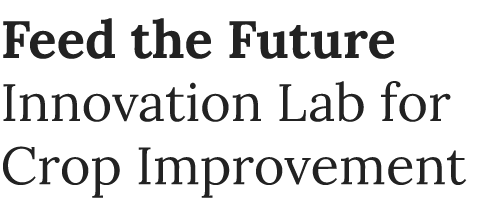A new fellowship celebrates the life and legacy of Thomas Wyatt Turner, the first Black American to receive a Ph.D. in Botany and the first Black person to receive a Ph.D. in any study at Cornell University.
The Thomas Wyatt Turner Fellowship aims to increase the number of students from historically underrepresented backgrounds engaging in research in inclusive and sustainable agricultural development and related fields. This includes, but is not limited to, students who identify as Black, Indigenous, Latina/o/x, Southeast Asian, and/or those that identify as first-generation college (FGC) students, LGBTQQ+ identified students, women, veterans, and/or students with disabilities. The fellowship from the Feed the Future Innovation Lab for Crop Improvement honors Turner’s passion and commitment to science, advocacy, and the advancement of education for all.
TW Turner Fellows must be master’s or doctoral students currently enrolled at a university within the 1890 land-grant system and be pursuing studies broadly related to inclusive and sustainable agricultural development — from plant sciences and nutrition to gender and climate resilience and beyond. Applications are now being accepted online through March 1, 11:59 p.m. EST.
Turner, a founding member of the National Association for the Advancement of Colored People (NAACP), earned his Ph.D. in Botany from Cornell in 1921 after receiving his Bachelor’s and Master’s degrees from Howard University. While at Cornell, Turner performed research alongside plant pathologist Otis Freeman Curtis. He examined potato fields in Maine with the U.S. Department of Agriculture as part of his thesis on the effects of salts in plant and root growth.
“We are inspired by the impact that Turner made in his lifetime and know that TW Turner Fellows will honor his legacy in their impact-driven research and future careers,” said Levon Esters, director of the fellowship and Professor and Associate Dean for Diversity, Equity & Inclusion and Faculty Affairs in the Purdue Polytechnic Institute at Purdue University.
“Having a program named after TW Turner will surely provide inspiration to the fellows, all of whom will be coming from Historically Black Land Grant Institutions.”
Levon Esters
The fellowship promotes equitable and mutually beneficial relationships between Cornell University and 1890 institutions, which are which are Historically Black Colleges and Universities that are land-grant universities. The year-long program will enable Fellows to work on collaborative research with their faculty mentors at Cornell and their home institution, take classes, and engage in professional and community development initiatives led by the Graduate School Office of Inclusion and Student Engagement and their collaborating partners.
Born in Maryland in 1871 to a family of sharecroppers, Turner faced deep-seated racism that excluded him from educational opportunities as a child. Despite those obstacles, he became not only a celebrated scientist, but also a leading voice for justice, equality, human rights, access to education, and more. At the NAACP he advocated for the right of Black people to vote. As the founder and president of the Federated Colored Catholics, he pushed for equal access to education, vocation, and participation in the Catholic church and the Catholic University of America.
During his career, Turner taught at Tuskegee University, Howard University and the Hampton Institute. The Catholic University of America recognized Turner with an honorary doctorate in 1976 when he was 99. He died in 1978 at the age of 101.
“The TW Turner Fellowship Program honors Cornell’s commitment to developing and maintaining meaningful and mutually beneficial partnerships with Historically Black Colleges and Universities.” said Sara Xayarath Hernández, Associate Dean for Inclusion and Student Engagement in the Cornell Graduate School.
“We are excited to welcome the students selected for the Turner Fellowship to Cornell and are committed to helping them develop a sense of belonging within our graduate community.”
Sara Xayarath Hernández
The Turner Fellowship is made possible from a grant from the U.S. Agency for International Development (USAID) as part of Feed the Future, the U.S. government’s global hunger and food security initiative, with additional support from the Cornell Graduate School and School of Integrative Plant Science.



